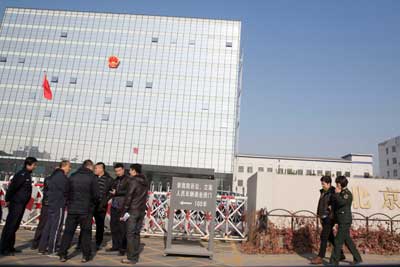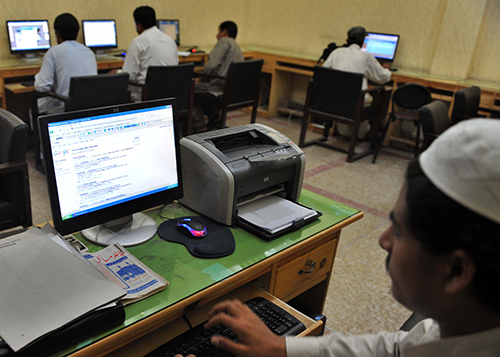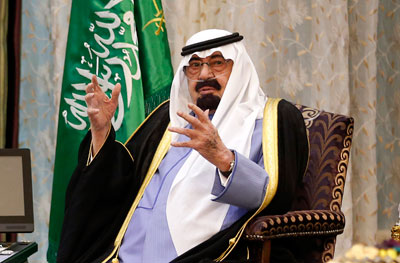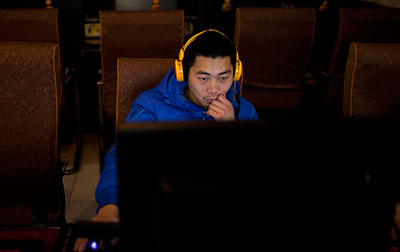CPJ urges South Africa to revise cybercrime bill that limits press freedom
New York, December 10, 2015–The Committee to Protect Journalists calls on the South African government to revise provisions in the proposed Cybercrimes and Cybersecurity Bill that would limit journalists’ ability to work. Under the bill, journalists and members of the public could be prosecuted for possessing or disclosing state information, reports said.
CPJ welcomes acquittal of journalists charged with defamation in Thailand
Bangkok, September 1, 2015–The Committee to Protect Journalists welcomes today’s court decision in Thailand to acquit two journalists of criminal defamation and cybercrime charges. Phuketwan journalists Alan Morison, an Australian national, and Chutima Sidasathian, a Thai citizen, had each faced up to seven years in prison.

How China’s national security and cybersecurity laws will further curb press freedom
Convincing potential sources to share information and publishing independent journalism on social media or with the help of crowd-funding are a few of the practices that are likely to suffer under a pair of new Chinese laws–one passed, one still in draft form–local journalists tell CPJ.

Treating the Internet as the enemy in the Middle East
The snow and freezing temperatures that struck Saudi Arabia unexpectedly in December 2013 were newsworthy in a desert kingdom better known for its extreme heat. But the fact that the ensuing power outages at a regional prison left prisoners without power or heat for nearly a week was apparently off-limits to reporters.
French-language global TV network TV5Monde hacked
New York, April 9, 2015–The French-language global TV network TV5Monde was disrupted for three hours on Wednesday night by hackers claiming to belong to the militant group Islamic State, according to news reports. The hackers seized control of 11 channels as well as the network’s website and social media accounts, the reports said. TV5Monde restored…

Evolution of Pakistan’s proposed cybercrime law
A pointer to our colleagues at Bolo Bhi, Pakistan’s independent Internet freedom and electronic privacy watchdog (it’s involved in gender issues too). The watchdog has been tracking the evolution of Pakistan’s attempts at cybercrime legislation since 2007.

Saudi censorship blurs lines between journalism, activism
Since the surprise Arab uprisings of 2011, the Saudi government has worked assiduously to ensure it has all the tools of censorship it needs to control dissent. These tools–a combination of special courts, laws, and regulatory authorities–are starting to fire on all cylinders. The result has been a string of arrests and prosecutions in recent…

China’s name registration will only aid cybercriminals
China’s mounting crackdown on online news dissemination took an extra step today, when the country’s Standing Committee of the National People’s Congress, its de facto legislative body, announced new requirements on Internet service providers and mobile phone companies to identify their users. The new rules would potentially allow ISPs and the authorities to more closely…